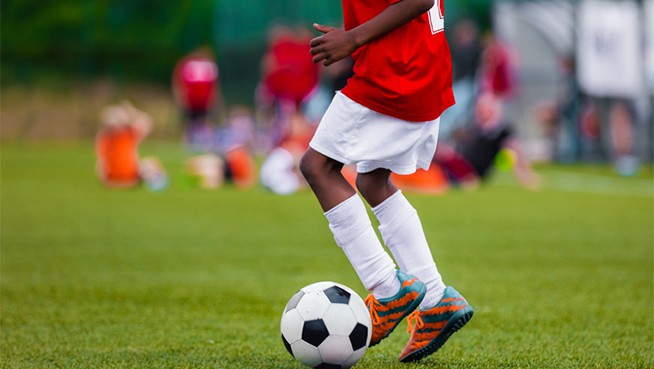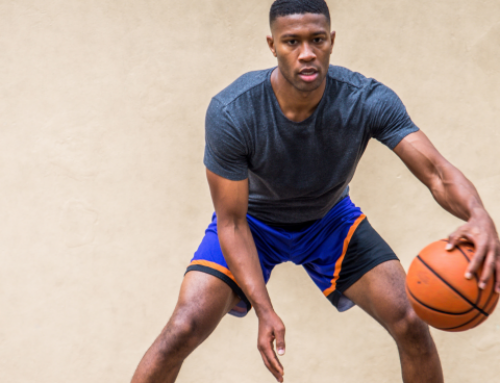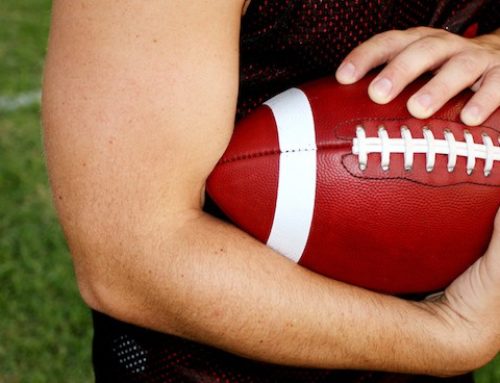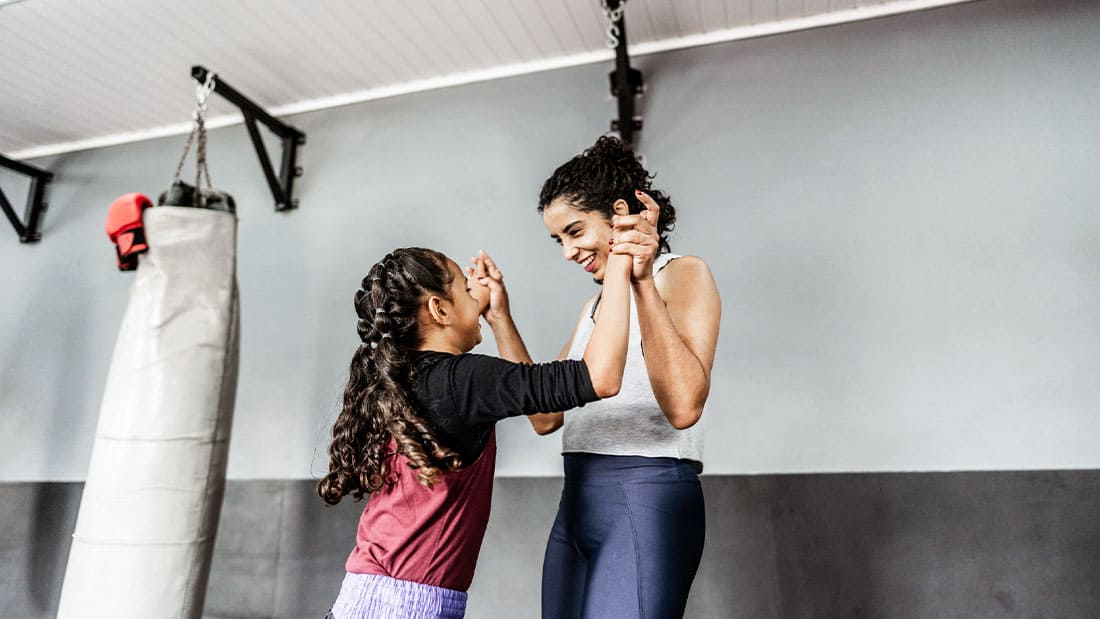Chest and Bounce Pass Tips from D-TRAIN
While thunderous dunks and bombs from the next county get the crowd going, pinpoint passes win ball games.
“It’s much easier to score off the pass than off the dribble,” says Daryl “D-TRAIN” Smith, CEO and president of the basketball training facility D-TRAINED Inc. What he’s basically saying: sharing the rock leads to more Ws.
Here, D-TRAINED dishes some techniques for the chest and bounce passes and tells when to use them.
The Chest Pass
1. Step towards your target and snap your wrists while turning your thumbs down and out on the follow through.
Smith: Stepping towards your target provides accuracy; snapping your wrists provides speed and velocity.
2. Aim at your teammate’s numbers.
Smith: This allows your teammate to get in the triple-threat position easily, where he can see the whole floor.
3. Use the chest pass to advance the ball up the court quickly, on the perimeter when reversing the ball and when making a quick pass to the wing.
Smith: These situations dictate a chest pass because you want a quick, accurate pass to eliminate the defense’s chance to gamble and make a steal.
The Bounce Pass
1. Use the same technique as the chest pass, but bounce the ball off the floor.
Smith: It won’t get there as quickly as a chest pass, but stepping toward your target and snapping your wrists provide the necessary accuracy and speed.
2. Aim between your teammate’s knees and chest.
Smith: This allows your teammate to handle the ball easily, because he’s usually in stride toward the basket.
3. Use the bounce pass when feeding the post or hitting a player on a backdoor cut.
Smith: A bounce pass is easier to handle and provides more angles for you to hit your target.
Chest – Bounce – Shoulder Drill
On the baseline, two players line up facing each other, the width of the free throw lane apart. Both players shuffle down the court while exchanging passes simultaneously. Player One throws a chest pass first, bounce pass second and, last, a chest pass to your partner’s left shoulder. Player Two throws a bounce pass first, chest pass second and left shoulder pass last. Continue this sequence to the opposite baseline and back.
Benefit: This really works on crisp, accurate passes at full speed down the court. You also have to focus on following the sequence so you don’t throw the wrong pass and slow down the drill.
RECOMMENDED FOR YOU
MOST POPULAR
Chest and Bounce Pass Tips from D-TRAIN
While thunderous dunks and bombs from the next county get the crowd going, pinpoint passes win ball games.
“It’s much easier to score off the pass than off the dribble,” says Daryl “D-TRAIN” Smith, CEO and president of the basketball training facility D-TRAINED Inc. What he’s basically saying: sharing the rock leads to more Ws.
Here, D-TRAINED dishes some techniques for the chest and bounce passes and tells when to use them.
The Chest Pass
1. Step towards your target and snap your wrists while turning your thumbs down and out on the follow through.
Smith: Stepping towards your target provides accuracy; snapping your wrists provides speed and velocity.
2. Aim at your teammate’s numbers.
Smith: This allows your teammate to get in the triple-threat position easily, where he can see the whole floor.
3. Use the chest pass to advance the ball up the court quickly, on the perimeter when reversing the ball and when making a quick pass to the wing.
Smith: These situations dictate a chest pass because you want a quick, accurate pass to eliminate the defense’s chance to gamble and make a steal.
The Bounce Pass
1. Use the same technique as the chest pass, but bounce the ball off the floor.
Smith: It won’t get there as quickly as a chest pass, but stepping toward your target and snapping your wrists provide the necessary accuracy and speed.
2. Aim between your teammate’s knees and chest.
Smith: This allows your teammate to handle the ball easily, because he’s usually in stride toward the basket.
3. Use the bounce pass when feeding the post or hitting a player on a backdoor cut.
Smith: A bounce pass is easier to handle and provides more angles for you to hit your target.
Chest – Bounce – Shoulder Drill
On the baseline, two players line up facing each other, the width of the free throw lane apart. Both players shuffle down the court while exchanging passes simultaneously. Player One throws a chest pass first, bounce pass second and, last, a chest pass to your partner’s left shoulder. Player Two throws a bounce pass first, chest pass second and left shoulder pass last. Continue this sequence to the opposite baseline and back.
Benefit: This really works on crisp, accurate passes at full speed down the court. You also have to focus on following the sequence so you don’t throw the wrong pass and slow down the drill.










